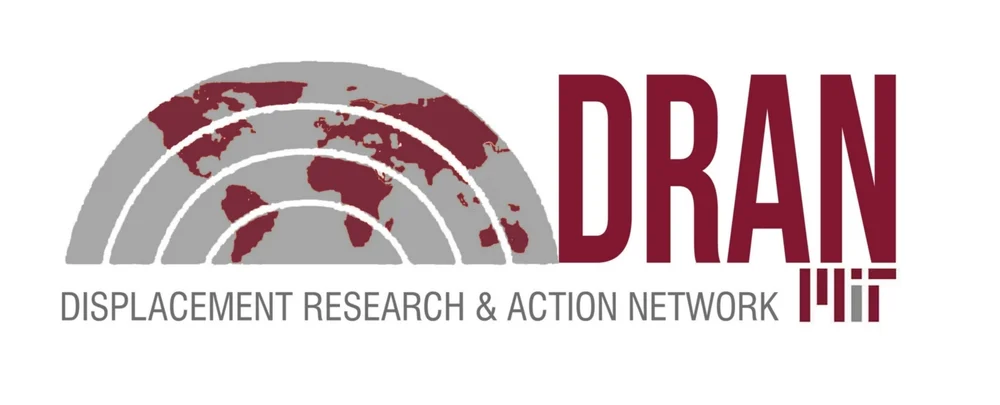Development-induced displacement in malaysia: The case of kampung bharu
This piece is the first in a series of 2 regarding displacement in Malaysia
February 24th, 2016
Maya Abood, Valeria Vidal Alvarado, April Ognibene & Vishnu Prasad
Kampung is a Malay term that refers to a hamlet in a Malay-speaking country. Kampungs predate both British colonization and the formation of the modern Malay nation state and are often characterized by strong social networks, traditional Malay architecture, semi-agrarian lifestyles, and some degree of political autonomy. Over the past thirty years, Malaysia has rapidly urbanized and several kampungs, including Kampung Bharu in Kuala Lumpur, are now surrounded by high rise residential and commercial skyscrapers. Urban kampungs have thus become both symbols of traditional Malay identity, and targets for urban renewal projects that advocate increased densification.
Kampung Bharu came into existence in 1900, when the land encompassing seven villages and an area of 220 acres, was gifted by the Sultan Abdul Samad, the erstwhile Sultan of the state of Selangor. The conditional transfer of land to the villagers was based on the term that the land would remain under perpetual Malay ownership, making Kampung Bharu a Malay Reserve Area. At the same time, a self-governing authority for the seven villages called the Malay Agricultural Settlement Board of Management (MAS) was formed, with representation from each village through an elected village head. Over a century later, land in the Kampung is largely under the ownership of the original families, partly due to the practice of a system of Islamic inheritance called Hukum Faraid, under which the land title is passed from generation to generation and shared amongst family members. As a result, small parcels are frequently held by multiple titleholders; one parcel in Kampung Bharu is held by as many as 208 individuals.
However, the Kampung is currently under intense development pressure due to its proximity (1.2 kilometres and one metro stop) to the Kuala Lampur City Centre (KLCC). In 2012, the Kuala Lumpur City Hall formed the Kampung Bharu Development Corporation (PKB) to spearhead the land acquisition and redevelopment of the area. Since its inception, PKB has initiated multiple redevelopment projects including the construction of a luxury, high-rise condominium project on the site of the Kampung’s Sunday night market. The controversial redevelopment plan for the area calls for mass densification and envisages that Kampung Bharu will be transformed into a “new economic enclave for the city of Kuala Lumpur” by rezoning 52% of the land area as commercial development and increasing the number of housing units from 3,840 in 2010 to 17,500 by 2035. Though the neighbourhood today is primarily residential, under the development plan, residential uses will only occupy 5.11% of the land within Kampung Bharu.
The proposed redevelopment threatens to displace long-term residents of the area including renters and small business owners. The kampung remains one of the last enclaves of Malay culture and heritage in central Kuala Lumpur and is known for its authentic Malay cuisine and traditional architectural styles, making it a popular tourist destination. The Kampung is also known to have played a significant role in Malaysia’s political history, serving as the birthplace of UMNO, the ruling party and playing a central role in the opposition-led Reformasi movement in 1998. Furthermore, Kampung Bharu is one of the few areas that remain affordable for residents, particularly Kuala Lumpur’s burgeoning migrant population who form a significant part of the Kampung’s economic and cultural life.
As the city’s plans gathers momentum, many residents of Kampung Bharu are preparing for a long battle against the redevelopment that threatens to transform the very way of life of the Kampung. In the next few months, MAS will be conducting a census of the Kampung’s residents that could generate vital data about the social and economic condition of the residents, including long-term renters who are currently excluded from the city’s plans for redevelopment.
Maya Abood, Valeria Vidal Alvarado, April Ognibene, and Vishnu Prasad are first year graduate students in MIT's Department of Urban Studies and Planning. Vishnu Prasad is a member of the DRAN research team.






